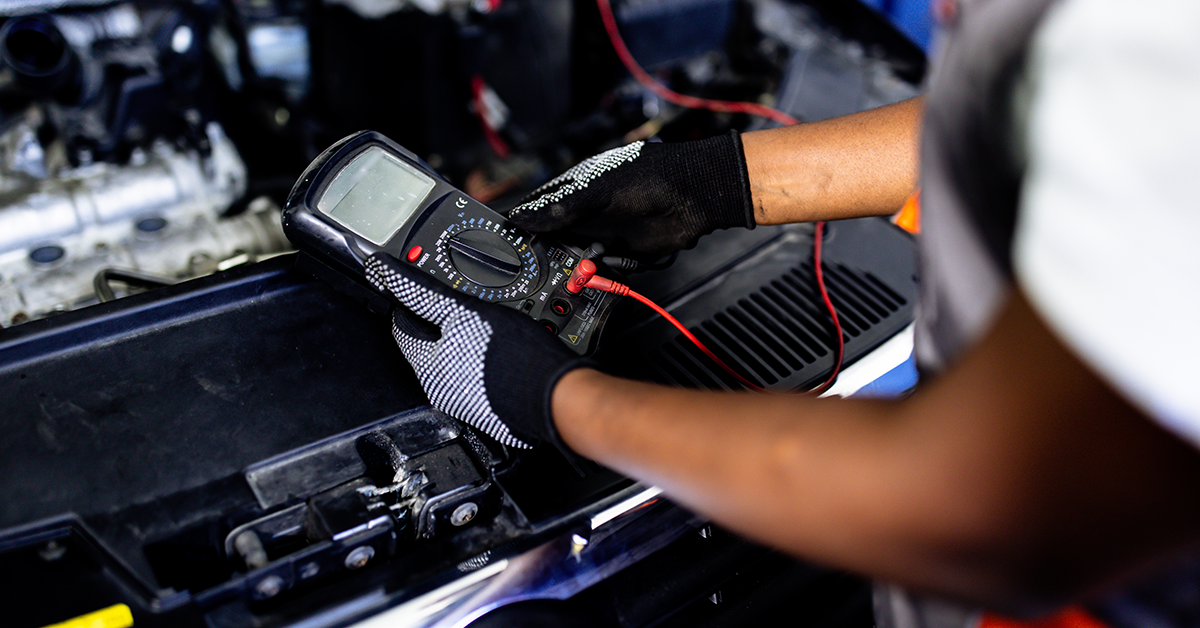Why do car batteries fail?
Why do car batteries fail?

As you jump in the car to take an effortless trip to the grocery store, you probably don’t think about what powers your battery. It’s only when you are late for work and hurriedly jump into the driver seat, turn the key, and hear the ominous click-click-click that you wonder, “What went wrong?”
Driving habits affect your battery
When you drive your car, the alternator recharges the battery. So, when you’re ready to power up your heated seats, blast the radio, and be on your way, your car battery has you covered. While it may seem counterintuitive, using your car battery actually extends its life and helps it recharge. How long you drive is important: 30 minutes is a good rule of thumb. But more importantly is the type of driving you do. If your routine is limited to short, infrequent drives, or stop and go traffic through the city, you may speed up the downfall of your battery. Hop on the highway where you can drive the recommended speed and get your battery up to par.
Beware of parasitic draws
Your car battery powers things like the clock, radio, and other accessories, even when the car isn’t running. These things alone won’t usually drain your battery. But leaving on interior lights or headlights could drain the life out of it. This doesn’t happen when the car is running because your alternator keeps the battery charged up. When the car is off, however, these parasitic draws can wreak havoc. If your car doesn’t automatically turn off the headlights when you power down the car, be sure to flip off the switch. Otherwise, you may come back to a dead car battery and a car that won’t start.
More reasons why car batteries fail
Sometimes a quick visual inspection is all it takes to anticipate a decline in your car battery’s health. If your battery has loose or corroded connections, it cannot properly transmit power and start your vehicle. Routine maintenance such as cleaning your car battery terminals helps it live its life to the fullest. If the battery case is swollen or distorted, you will likely be in the market soon for a new battery.
These issues can be exasperated by extreme hot or cold temperatures. AAA’s Automotive Research Center reports that at 32°F, a car’s battery loses about 35 percent of its strength. When temperatures plummet to 0°F, it loses about 60 percent of its power. Your car battery has a general shelf life of three to six years; less if it’s subjected to the elements and excessive wear and tear. If your battery is nearing this threshold, its best days may be in the rearview mirror.
Avoid a crowded auto repair shop by having a AAA Battery Service Technician come to you – at work, at home, almost anywhere to deliver and replace your battery onsite: visit the link below or call 1-800-222-4357.